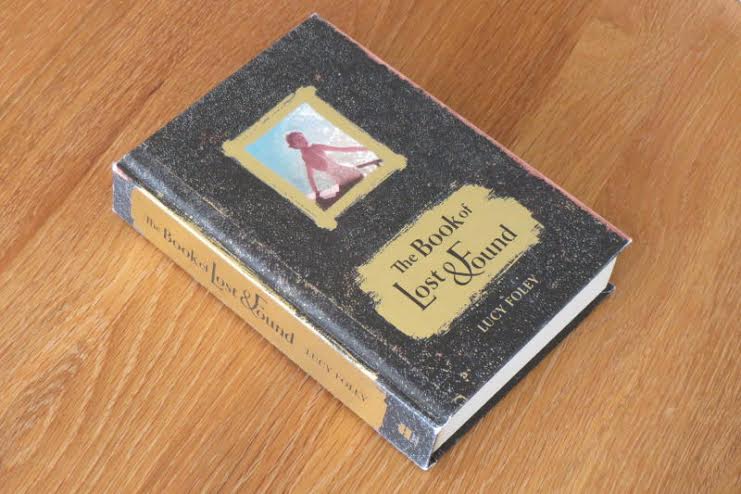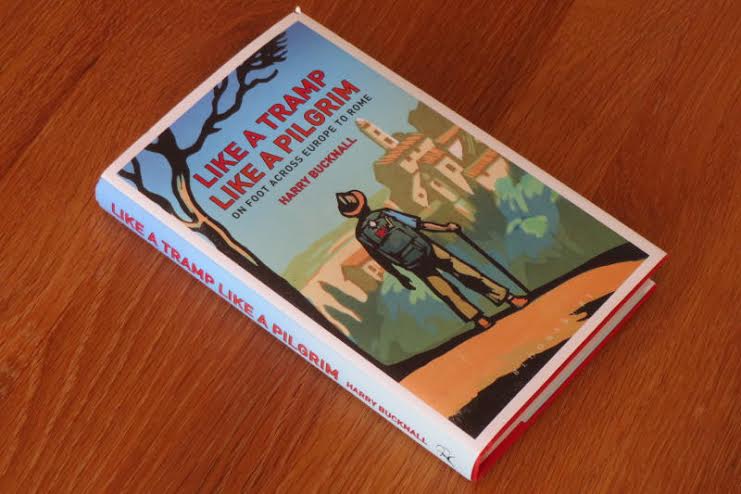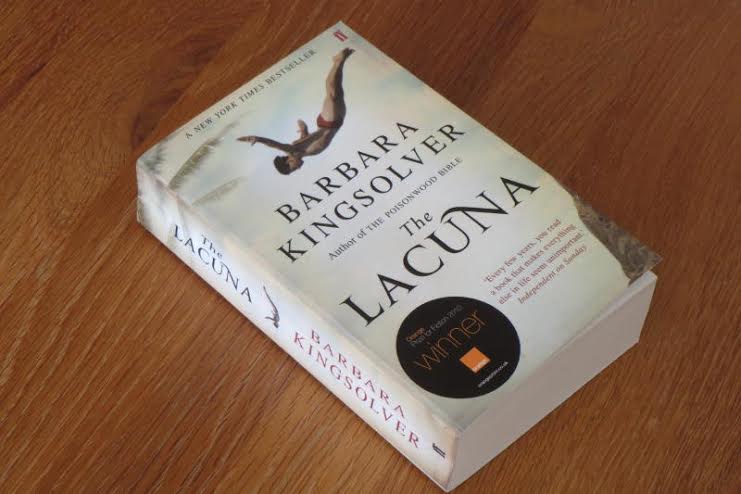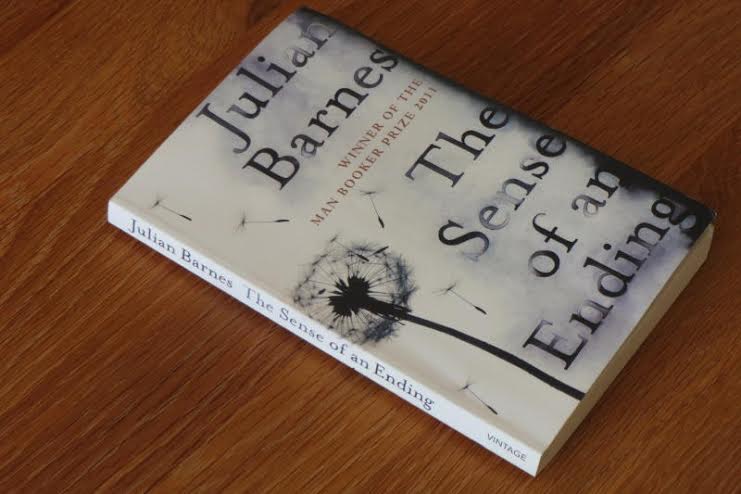This month I deliberately set out to base my book choices on recommendations from other people. This decision in part came about because my first book The Book of Lost and Found by Lucy Foley (Harper Collins 2015) was lent to me some time ago by a friend who has been wondering why I hadn’t yet got round to reading it. So now I have. And a good story it is too, telling of the relationship between two people over the course of the 20th century from the viewpoint of a younger family member. It’s well-written and well-constructed. I enjoyed it. But it isn’t memorable in any way and I suspect I’ll have forgotten all about it in a month or two.
I met Harry Bucknall, the author of my next book, Life of a Tramp, Life of a Pilgrim (Bloomsbury 2014), at a recent creative writing workshop. He mentioned his book and I was intrigued enough to pick up a copy the next time I was in a bookshop. He writes about a pilgrimage he took from London to Rome on foot, following the old Via Francigena. This is a fascinating mix of travel book, history and memoir and I recommend it to anyone who likes any of those genres. I also found a personal link to the book – the author mentions Eric Newby, who escaped from a prisoner-of-war camp in Italy during WW2 and went on to write about his experiences. My father was in the same camp as Eric Newby and frequently talked of him and his successful escape. As I’ve said before, I like to look for connections in and between books and this one was very satisfying!
Next up was The Lacuna by Barbara Kingsolver (Faber & Faber paperback 2010). I read The Poisonwood Bible (about Belgian colonialism amongst other things) by the same author many years ago when I was living in Belgium and it has stuck in my mind ever since. So I was very pleased when her latest book was suggested by a member of one of my book groups. It’s a long book, and has been 10 years in the writing. It took a bit of getting into, but the language is memorable from the start and I was soon completely hooked by the story as well. This novel works on many different levels. It’s full of information about life in Mexico and the US in the 20th century, about Trotsky, his exile from the USSR and murder in Mexico by Stalin’s men, about the art world of the early 20th century, Diego Rivera and Frida Kahlo in particular and about McCarthyism in the US. A fascinating mix of fact and fiction. Above all a book about people, their inner lives and their relationships. But I think what will stick in my mind most of all is the power and beauty of the descriptive passages. This is a book which has so much to admire, it might require reading several times. When though? That’s the problem.
My youngest son has been recommending Moby Dick by Herman Melville for a long time (years probably) telling me that my life is much the poorer for never having read it. However, having tracked down his copy and had a flick through I decided to opt instead for another of his recommendations, the much shorter The Sense of an Ending by Julian Barnes (Vintage 2011) . It proved to be a great choice, reminding me of On Chesil Beach by Ian McEwan and Stoner by John Williams, both of which I enjoyed very much. Much of it resonated with me, having grown up in the 60s and 70s, and the idea of writing a novel out of relatively little appealed to me greatly. What I didn’t get – ironically given the title – was any sense of the ending. I’m not sure it fitted the rest of the book. And Moby Dick? On my list for the future, but probably not this year.




